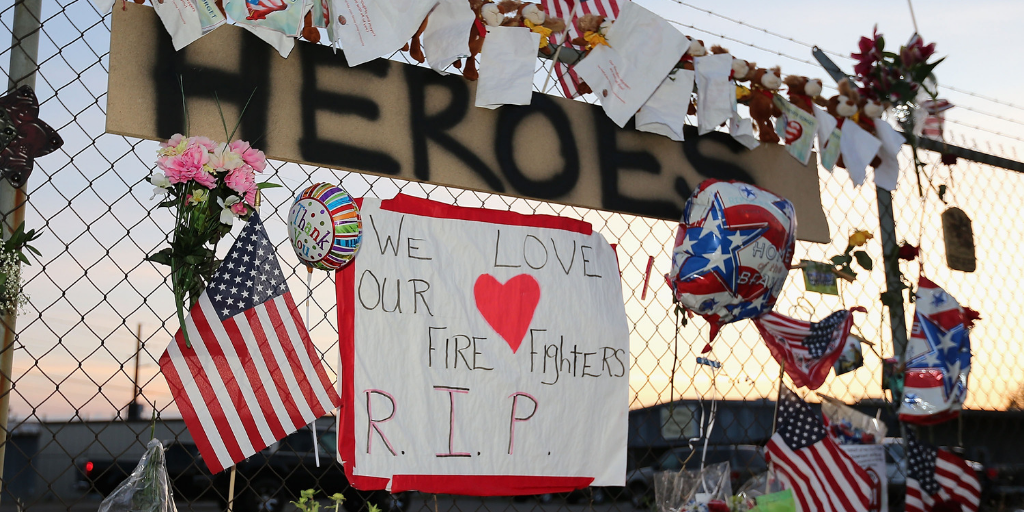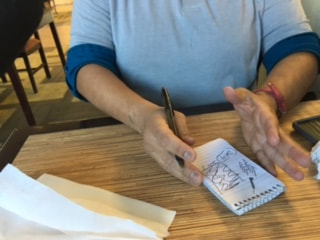|
My "day job" – I cover the Southwest as Phoenix Bureau chief for The New York Times – takes me to all corners of Arizona and New Mexico, and exposes me to lots of different people, lifestyles and stories. As I like to say, every day at work is another day I learn a new lesson. I recently spent three days in Albuquerque interviewing men and women who have been living on the streets for a profile on homelessness in the city. One of them was Ruthie Bailon, a Kewa Indian who goes by her tribal name, Cushie. Cushie is a recovering drug addict. The first time she got high was with her biological mother, whom she'd met in Albuquerque when she was a teenager. From that point on, Cushie's life has taken many sad turns – she has lost her children, her home, her dignity. I asked Cushie, what's the greatest lesson you learned while living on the streets? "Ask for help," she told me. "I learned that it's okay to admit I can't do it alone. It's okay to ask for help." Growing up in the Kewa Pueblo, Cushie's aunt and uncle – her adoptive parents – taught her that she had to figure things out on her own. "We'll throw you in the river and you have to swim to shore," they would say. So she watched what people did and how they did it to learn how to do things for herself. No one ever gave her a chance to ask for help. Cushie likes to doodle as she talks. On this page, she drew that imaginary river: So often we think we can handle our problems on our own. So often we dismiss other people's problems because, hey, they have to deal with these problems, just as we deal with the challenges we have. Thing is, we need one another to share our sorrows, and our joys, and our doubts, and our questions. That is how we build a caring world around us. Life is about team gold, not individual glory. That is something the Granite Mountain Hotshots believed in and lived for. I used to hesitate before I asked for help until the Granite Mountain Hotshots taught me that there is no shame in making mistakes and there is real meaning to giving people who deserve it a second chance. I'll tell you more about it on my next post. For now, I ask, what does forgiveness mean to you?
0 Comments
Leave a Reply. |
WHY – AND HOW – I WRITEThe key to writing a good story is knowing what you don’t know and finding the right people and documents to help you learn it. You have a fundamental question that leads to a bunch of other questions that need to be answered so that your fundamental question makes sense. This is how I write. Follow along with Fernanda and get occasional stories. Archives
December 2019
Categories |


 RSS Feed
RSS Feed